A recently released patient from a mental institution returns home with her sister, only to face disturbing events between her stepmother and the ghosts haunting their house- all of which […]
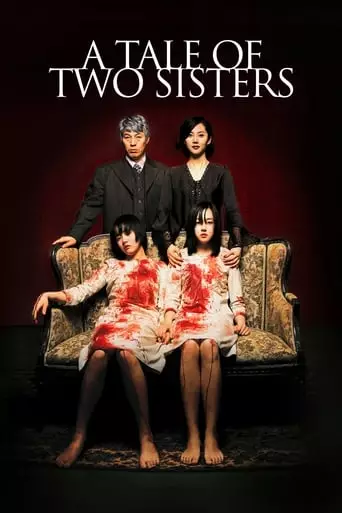
A recently released patient from a mental institution returns home with her sister, only to face disturbing events between her stepmother and the ghosts haunting their house- all of which […]
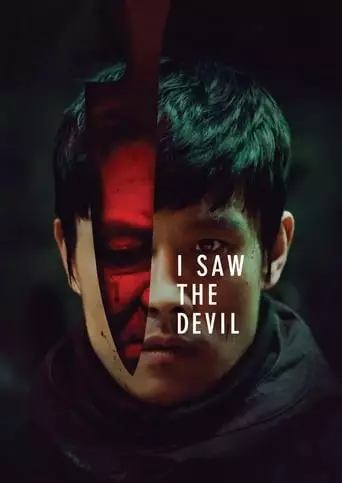
Kyung-chul is a dangerous psychopath who kills for pleasure. Soo-hyeon, a top-secret agent, decides to track down the murderer himself. He promises himself that he will do everything in his […]
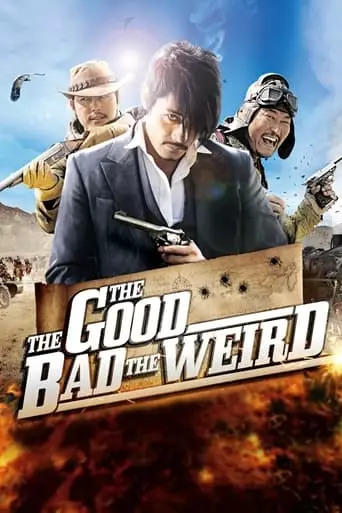
The story of three Korean outlaws in 1930s Manchuria and their dealings with the Japanese army and Chinese and Russian bandits. The Good (a bounty hunter), the Bad (a hitman), […]
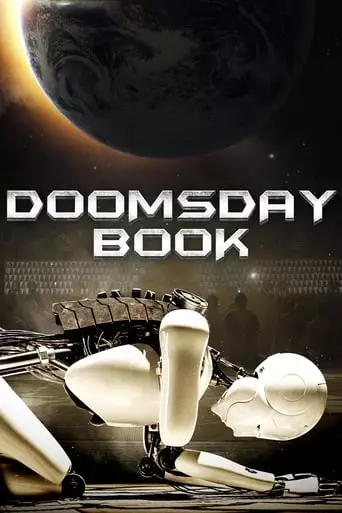
In ‘A Brave New World’, a virus brings the city to ruins and zombies flood the streets of Seoul. In ‘The Heavenly Creature’, a robot reaches enlightenment while working at […]
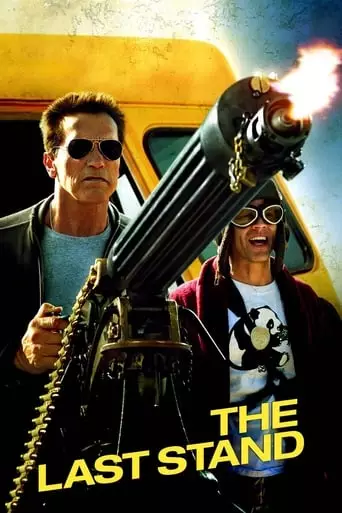
Ray Owens is sheriff of the quiet US border town of Sommerton Junction after leaving the LAPD following a bungled operation. Following his escape from the FBI, a notorious drug […]
Kim Jee-woon: The Master of Genre-Bending Cinema
Kim Jee-woon is one of South Korea’s most celebrated filmmakers, known for his ability to seamlessly blend genres, craft visually stunning films, and deliver emotionally resonant storytelling. From psychological horror to action-packed thrillers, Kim’s filmography showcases a remarkable versatility that has earned him international acclaim. With masterpieces like A Tale of Two Sisters (2003), The Good, the Bad, the Weird (2008), and I Saw the Devil (2010), Kim has solidified his reputation as a director capable of pushing the boundaries of cinema.
Early Life and Career Beginnings
Kim Jee-woon was born on July 6, 1964, in Seoul, South Korea. He began his career in theater, where he honed his storytelling skills and developed a keen eye for visual composition. This theatrical background is evident in his films, which often feature meticulously staged scenes and a strong emphasis on atmosphere.
Kim transitioned to filmmaking in the late 1990s, making his directorial debut with The Quiet Family (1998), a dark comedy about a family running a mountain lodge where guests keep mysteriously dying. The film’s unique blend of humor and macabre elements set the tone for Kim’s genre-defying approach and earned him critical recognition in South Korea.
Rise to Prominence: A Tale of Two Sisters and A Bittersweet Life
Kim gained international attention with A Tale of Two Sisters (2003), a psychological horror film inspired by a Korean folktale. The story of two sisters haunted by a malevolent presence in their home is both a chilling ghost story and a deeply moving exploration of family trauma. With its haunting visuals, intricate narrative, and emotional depth, the film became the first South Korean horror movie to be released in U.S. theaters and remains a genre classic.
Following the success of A Tale of Two Sisters, Kim directed A Bittersweet Life (2005), a stylish neo-noir crime thriller about loyalty, betrayal, and revenge. Starring Lee Byung-hun, the film is celebrated for its elegant cinematography, brutal action sequences, and philosophical undertones. A Bittersweet Life cemented Kim’s reputation as a masterful visual storyteller and earned him a devoted following among cinephiles.
Genre Innovation: The Good, the Bad, the Weird and I Saw the Devil
In 2008, Kim tackled the Western genre with The Good, the Bad, the Weird, a “Kimchi Western” set in 1930s Manchuria. Inspired by Sergio Leone’s The Good, the Bad and the Ugly, the film combines breathtaking action, humor, and a distinctly Korean sensibility. Its high-octane set pieces and vibrant characters made it a critical and commercial success, further showcasing Kim’s ability to innovate within established genres.
Kim followed this with I Saw the Devil (2010), a harrowing revenge thriller that pushed the boundaries of violence and morality. Starring Lee Byung-hun as a secret agent seeking vengeance against a psychopathic killer (played by Choi Min-sik), the film explores the destructive nature of revenge with unflinching brutality. I Saw the Devil was both praised and criticized for its graphic content but is widely regarded as one of the most powerful and uncompromising films in the revenge genre.
Hollywood Foray: The Last Stand
In 2013, Kim made his Hollywood debut with The Last Stand, an action film starring Arnold Schwarzenegger as a small-town sheriff defending his community against a drug cartel. While the film received mixed reviews, it showcased Kim’s ability to adapt his dynamic style to a different cinematic landscape. The Last Stand marked a significant milestone in Kim’s career, further solidifying his status as an internationally recognized filmmaker.
Recent Work: The Age of Shadows and Beyond
Kim returned to South Korean cinema with The Age of Shadows (2016), a historical espionage thriller set during the Japanese occupation of Korea. The film, starring Song Kang-ho and Gong Yoo, weaves a tense and emotionally charged narrative of resistance and betrayal. The Age of Shadows was South Korea’s entry for the Best Foreign Language Film at the 89th Academy Awards and won widespread acclaim for its intricate plotting and stunning visuals.
In 2018, Kim ventured into the sci-fi genre with Illang: The Wolf Brigade, a dystopian action film based on the Japanese anime Jin-Roh: The Wolf Brigade. While the film received mixed reviews, it demonstrated Kim’s continued willingness to experiment with new genres and styles.
Themes and Style
Kim Jee-woon’s films are characterized by their genre fluidity, striking visuals, and meticulous attention to detail. His work often explores themes of identity, revenge, and the human capacity for resilience in the face of overwhelming odds. Kim’s ability to balance intense action with emotional depth has made his films resonate with audiences worldwide.
Visually, Kim employs dynamic camera movements, bold color palettes, and carefully choreographed sequences to create a sense of immersion. His films often feature a blend of dark humor and visceral intensity, reflecting his theatrical roots and innovative approach to storytelling.
Legacy and Influence
Kim Jee-woon is widely regarded as one of South Korea’s most versatile and visionary directors. His ability to transcend cultural and genre boundaries has made him a prominent figure in global cinema. From the haunting elegance of A Tale of Two Sisters to the adrenaline-fueled spectacle of The Good, the Bad, the Weird, Kim’s films continue to captivate and inspire audiences.
Kim’s influence extends beyond his filmography, as he has helped pave the way for South Korean cinema’s rise on the international stage. His bold storytelling and commitment to pushing artistic boundaries serve as a benchmark for filmmakers around the world.
Conclusion
Kim Jee-woon’s career is a testament to the power of innovation and storytelling. With a filmography that spans horror, action, drama, and beyond, he has consistently delivered works that challenge conventions and resonate on a universal level. As Kim continues to explore new creative territories, his legacy as a master of genre-bending cinema remains firmly established.